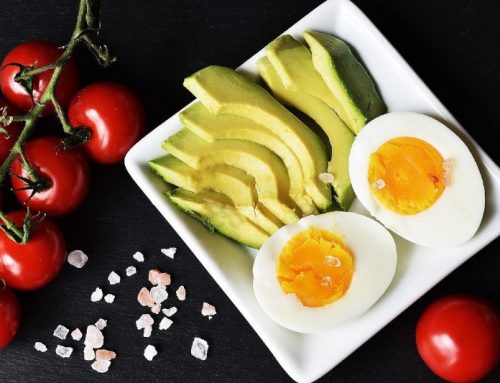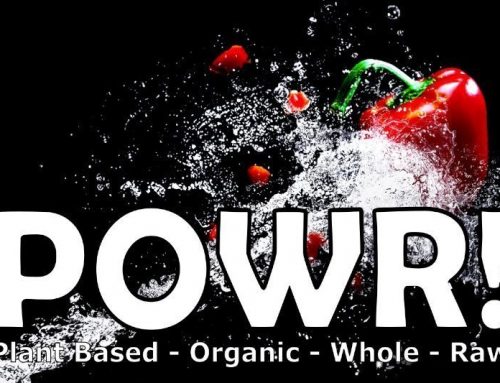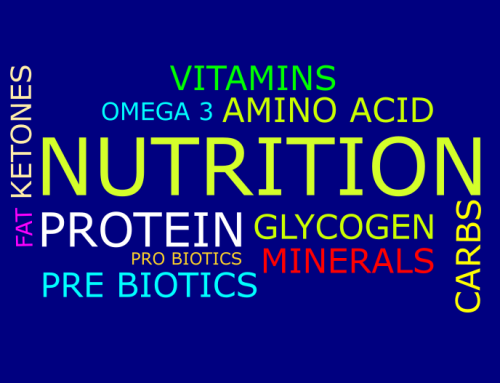There are 20 different amino acids that make up the thousands of different proteins in the human body.
Nine of the 20 are considered essential amino acids, meaning they cannot be made by your body and must be obtained through your diet.
Three of the nine essential amino acids are the branched-chain amino acids (BCAAs). BCAAs are the second most popular athletic diet supplements after Protein Powders.
35% of total skeletal muscle protein is comprised of BCAA
BCAA have long been used by Strength athletes to build muscle mass, reduce muscle wasting and accelerate recovery times. They can also help endurance athletes such as runners and cyclists to improve performance and delay the onset of fatigue.
During prolonged exercise BCAAs can be oxidized within the mitochondria of skeletal muscles to produce energy. On the other hand, the six other essential amino acids are mainly metabolized within the liver.
The quantity of BCAAs that are broken down to produce energy increases significantly during prolonged exercise. This can lead to reduced levels of BCAAs within the muscle and as a result they may need to be replaced in the diet or by supplements.
BCAA supplements have been shown to build muscle, decrease muscle fatigue and alleviate muscle soreness.
They have also successfully been used in a hospital setting to prevent or slow muscle loss and to improve symptoms of liver disease.
These Are the Three BCAAs
Leucine
Leucine is important for hemoglobin formation, protein synthesis and many metabolic functions.
Leucine contributes to regulation of blood-sugar levels; growth and repair of muscle and bone tissue; growth hormone production; and wound healing.
Leucine also prevents breakdown of muscle proteins after trauma or severe stress.
Isoleucine
Isoleucine has diverse physiological functions, such as assisting hemoglobin formation and regulating blood sugar and energy levels wound healing, detoxification of nitrogenous wastes, stimulating immune function, and promoting secretion of several hormones.
Valine
Valine is an aliphatic and extremely hydrophobic essential amino acid in humans related to leucine, valine maintains mental vigor, muscle coordination, and emotional calm. Valine supplements are used for muscle growth, tissue repair, and energy.
All Three BCAAs are Required For Optimum Results
Although a lot of research points to the positive effects of Leucine, all three BCAAs play a key role in promoting muscle protein synthesis and minimizing protein breakdown.
The effects of Leucine seem to be enhanced in the presence of the other 8 essential amino acids and in particular on the presence of Isoleucine and Valine.
Based on current research a BCAA supplement containing all three BCAAs is recommended.
Why BCAAs are Key for Vegan Endurance Athletes
Endurance athletes need to delay fatigue in order to optimize performance. Fatigue during prolonged exercise can be associated with:
Peripheral fatigue: mechanisms that result in failure of the contractile ability within the muscle.
Central fatigue: mechanisms that result in specific changes to the central nervous system.
It has been observed that BCAA supplementation can improve endurance performance
The mechanisms underlying these ergogenic benefits are not clear though.
BCAAs could reduce the body Mechanism that Causes Tiredness
One theory that is that BCAA ingestion can combat the effects of central fatigue and therefore improve performance in the following way:
During prolonged exercise the levels of fatty acids in the blood increase as they are mobilized for energy.
Fatty acids compete with tryptophan in the blood to bind with albumin. More fatty acids in the blood means more competition and therefore smaller amount of tryptophan are able to bind with albumin.
Tryptophan that does not bind with albumin is called free tryptophan. As a result of these processes the amount of free tryptophan in the blood increases during prolonged exercise.
Free tryptophan enters the central nervous system where it is converted to serotonin (which plays a role in the onset of sleep) and the increase in seratonergic activity leads to central fatigue. This theory is known as the central fatigue hypothesis.
BCAAs compete with free tryptophan for entry into the central nervous system effectively blocking the increase in serotonin and reducing fatigue.
BCAAs Could Speed Up Recovery Allowing Vegan Athletes to Train Harder and More Often
Another theory hypothesises that it is possible that the ergogenic benefits may be related to reduced skeletal muscle damage and an increase in skeletal muscle synthesis.
Endurance athletes need to optimize their ability to recover between training sessions. BCAAs may play a role in reducing recovery time thereby allowing athletes to train harder and longer. Over time, this would lead to improvements in performance.
More recent research suggests that BCAA supplementation immediately before and during and after prolonged exercise may also provide adaptive benefits. Reducing muscle damage during prolonged endurance exercise
During exercise, your body oxidizes and breaks down BCAAs suggesting that it is important to supplement with BCAAs immediately before and during exercise.
During BCAA oxidation lactate is not produced and as high lactate levels can induce fatigue. BCAA supplementation may be effective at increasing endurance exercise capacity.
Here are Four Proven Benefits of BCAAs for Vegan Athletes
- Increased Muscle Growth
- Decreased Muscle Soreness
- Reduced Exercise Fatigue
- Prevention of Muscle Wasting
A BCAA supplement is actually far more efficient than consuming amino acids through food sources alone. Because the supplements do not require digestion, they are able to bypass your liver and directly hit your bloodstream.
How and When to Take BCCA Supplements
BCAA supplements can be taken either before, during or after a workout, depending on your goals and desired benefits.
Taken before or during a workout, BCAAs can help combat fatigue by maintaining your cellular energy levels.
If you are looking to boost your muscle gains and improve recovery, then post-workout is a good time for you to incorporate BCAAs.
This will prevent your body from going into muscle-burning mode, which could cut into the hard work you just finished.
Can Vegans get branched-chain amino acids naturally from plants based foods?
As a vegan athlete You can get branched-chain amino acids from these foods:
- Soy Proteins
- Baked beans and lima beans
- Chickpeas
- Lentils
- Whole wheat
- Brown rice
- Almonds, Brazil nuts, and cashews
- Pumpkin seeds
How to choose the Best Vegan BCAA Supplements
- When buying any BCAA supplement, it’s important to go for a formula that contains an optimal ratio of 2:1:1 leucine, isoleucine, and valine.
- Studies have shown this ratio to be the most beneficial, with valine improving endurance and isoleucine playing a role in fat loss and reducing fatigue.
- BCAAs are also available in 4:1:1 and 8:1:1 ratios, but these blends with an excess of leucine can negate the positive effects from isoleucine and valine.
- Vegan athletes will want to pay close attention to the label, avoiding any products that contain gelatin, which comes from the connective tissue of cows and pigs, and glyceryl monostearate, which can be made from animal fats, unless it’s clearly marked “vegetable glyceryl monostearate.”
- Whenever possible, opt for products that are clearly marked “vegan” or “plant-based”
Conclusion
BCAAs are essential nutrients for any Vegan or plant based Athlete and are contained in most vegan protein powders.
As you may want to take BCAAs before, during and after your workout or event it may be useful to have a dedicated vegan BCAA supplement in addition to the vegan Protein Supplement you usually take after your exercise.






Leave A Comment
You must be logged in to post a comment.